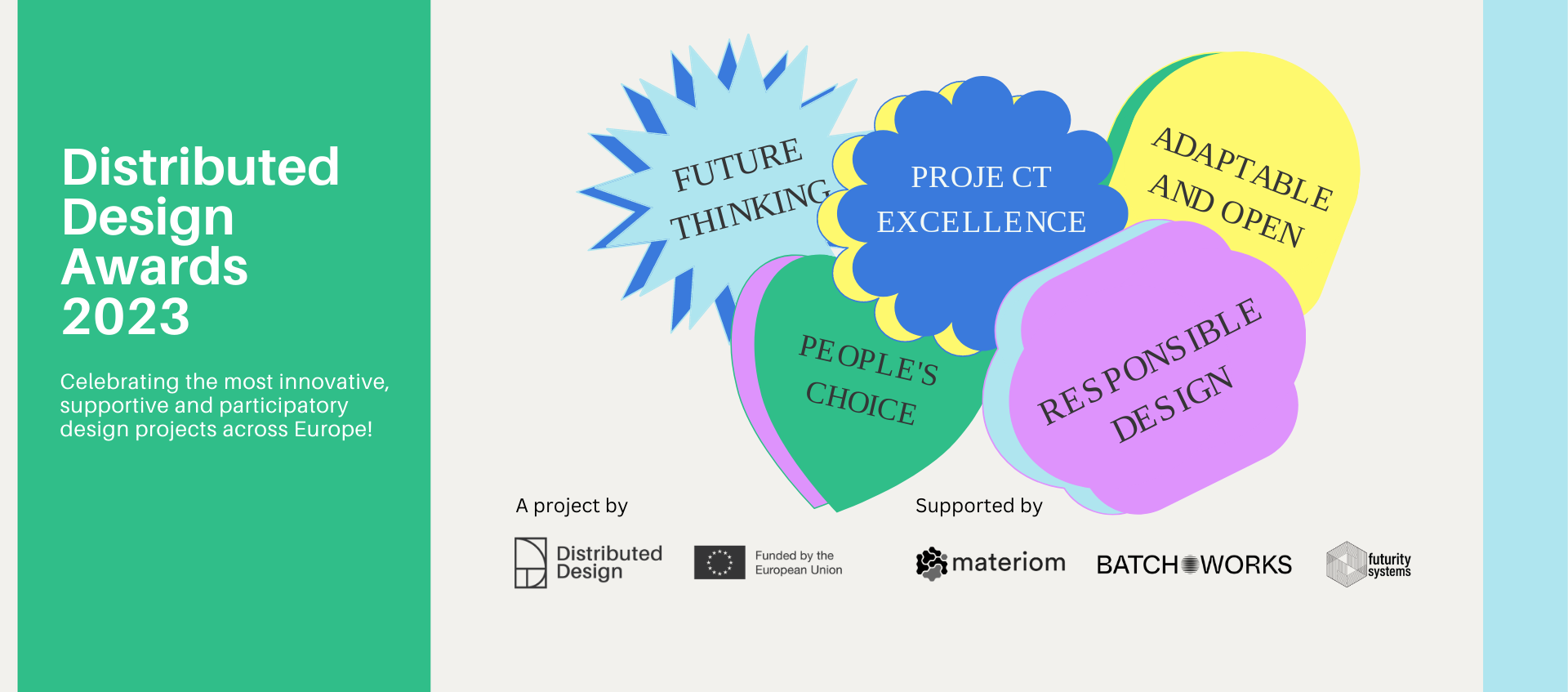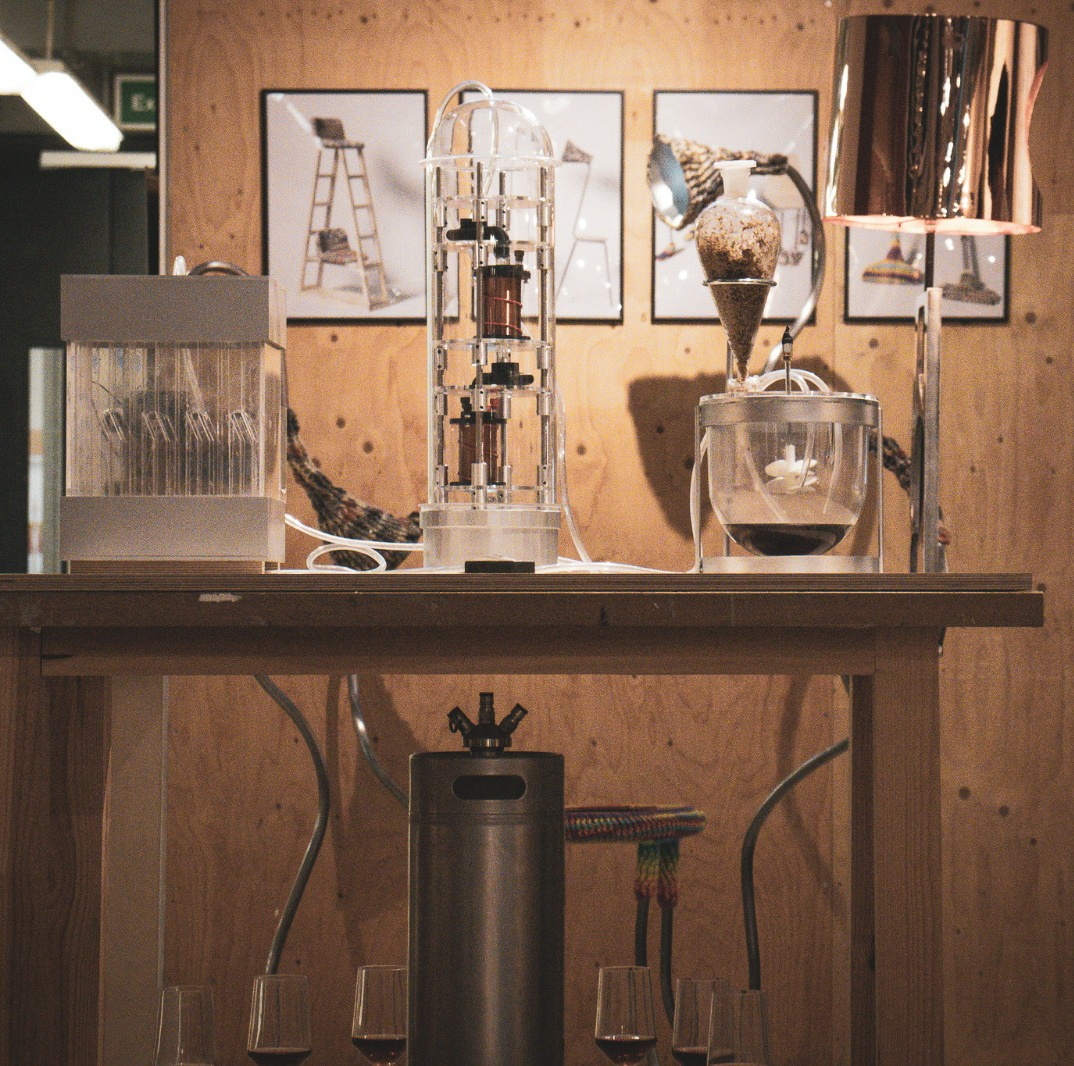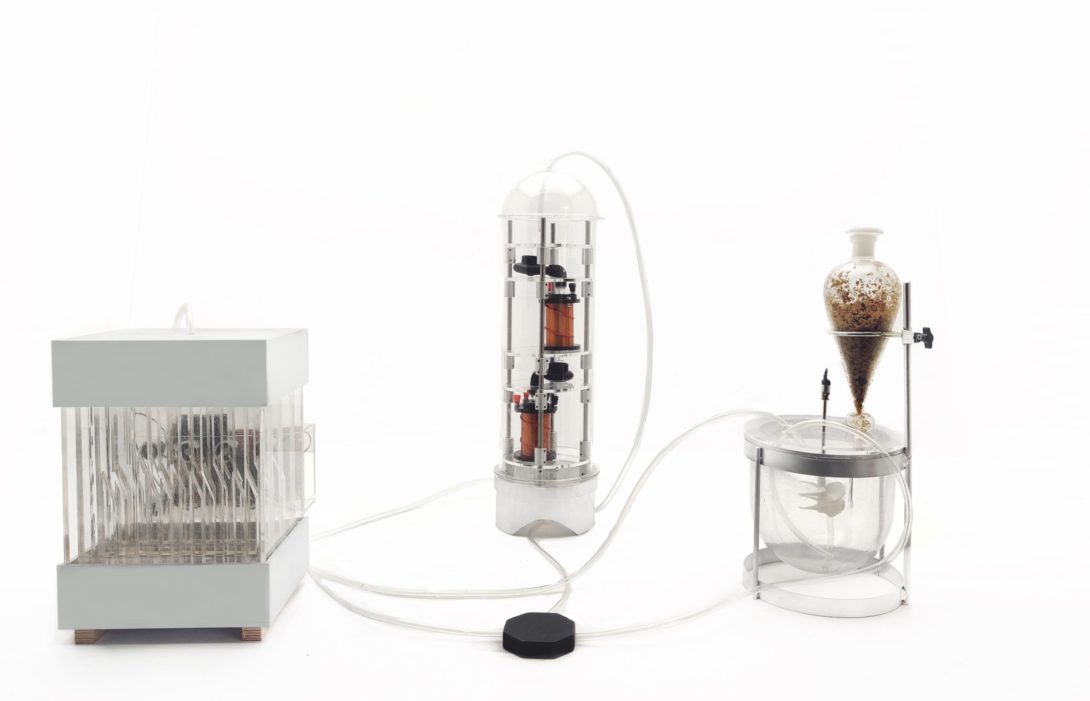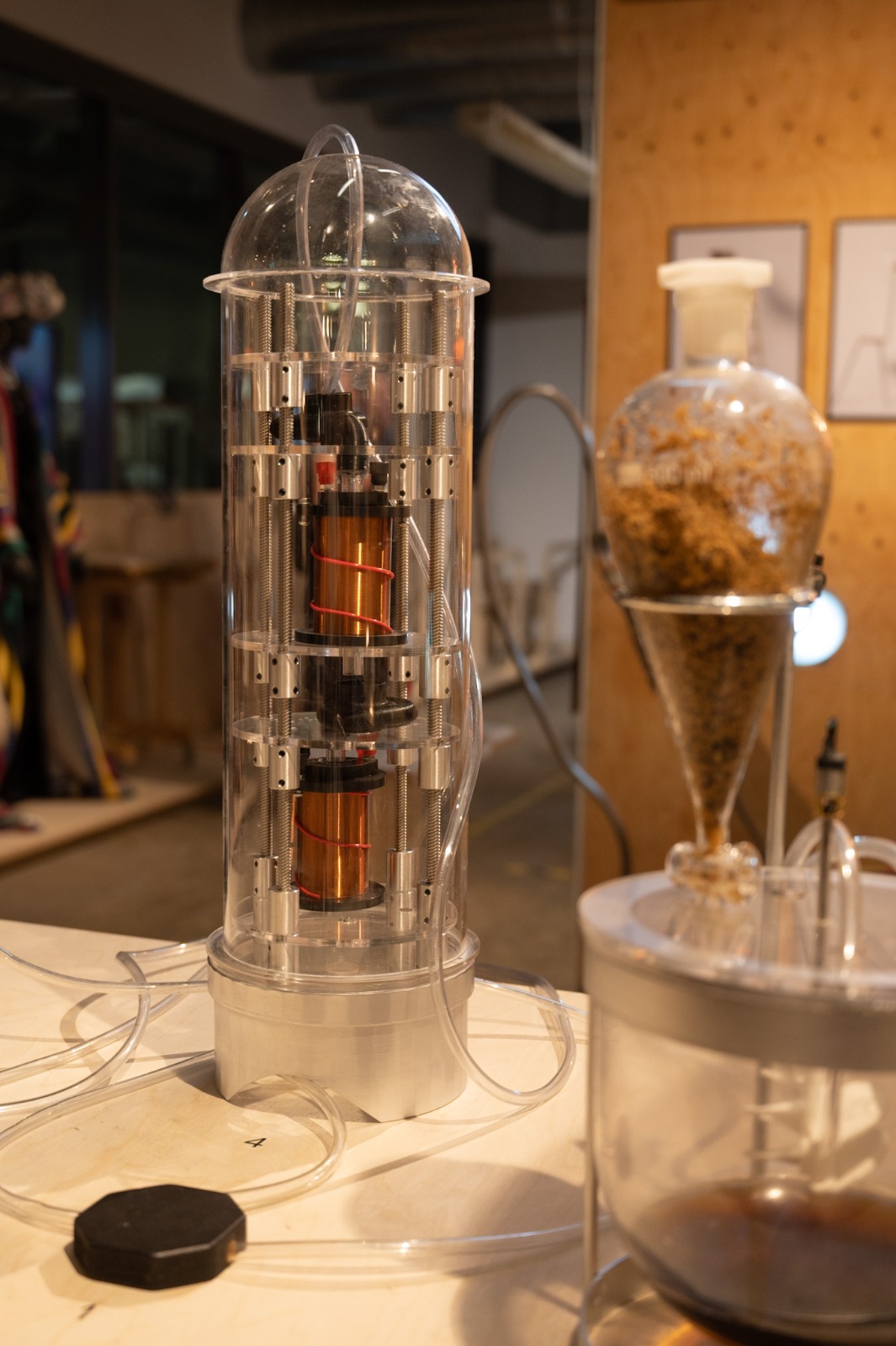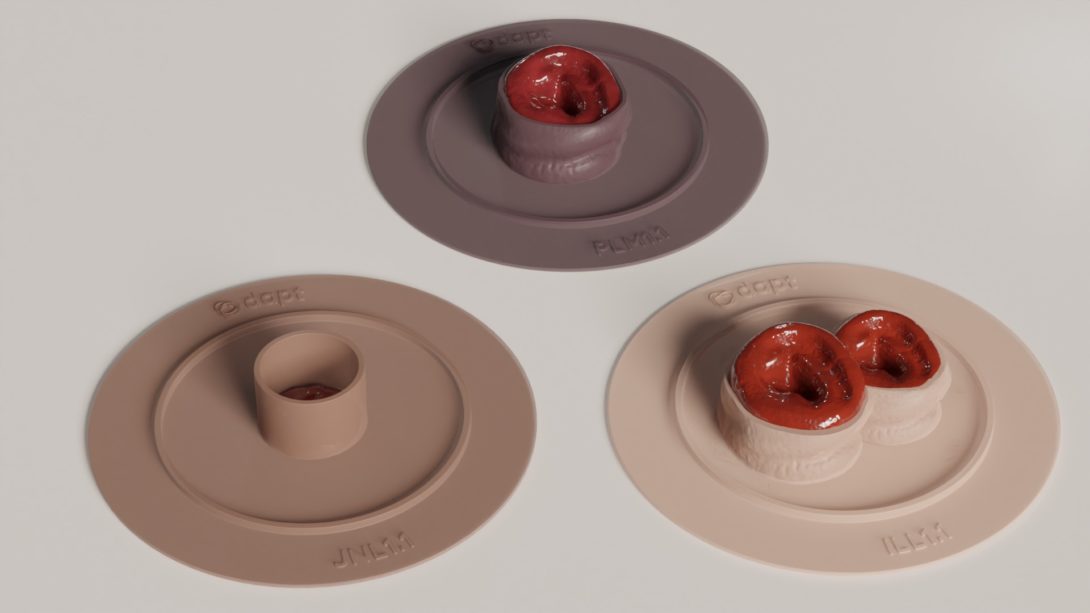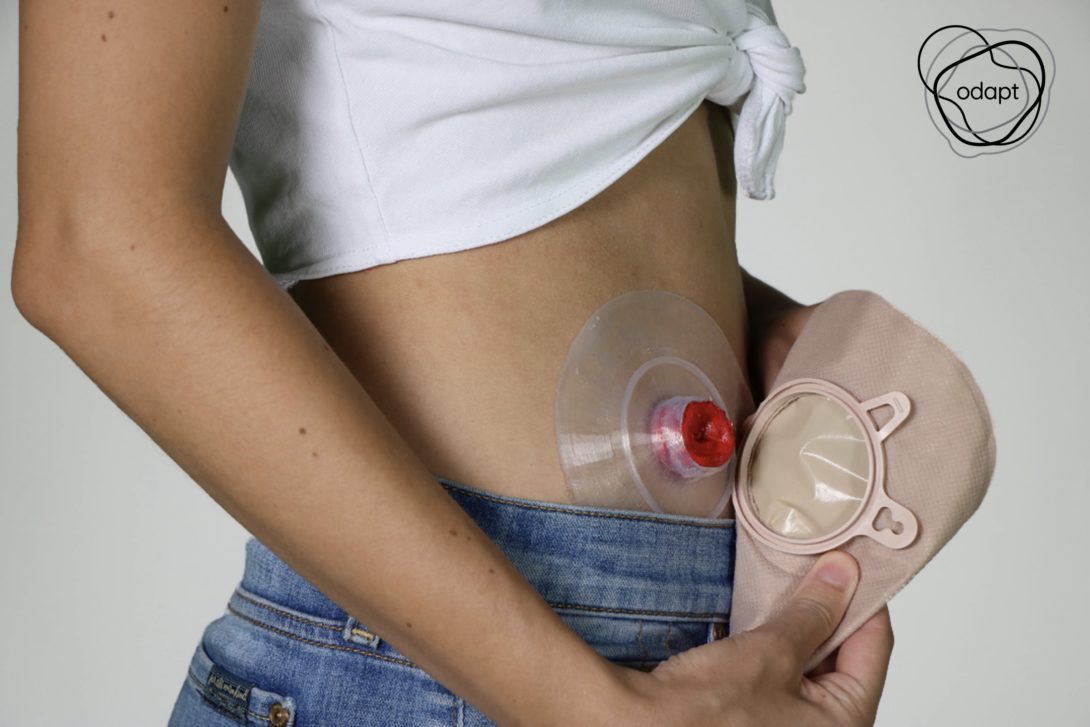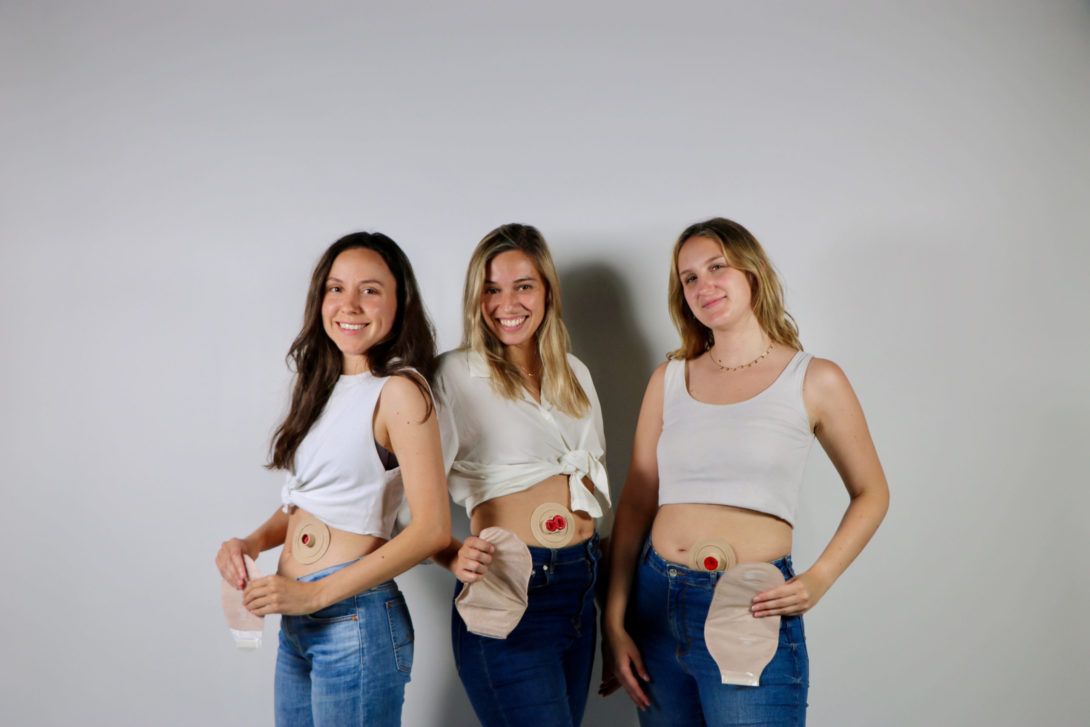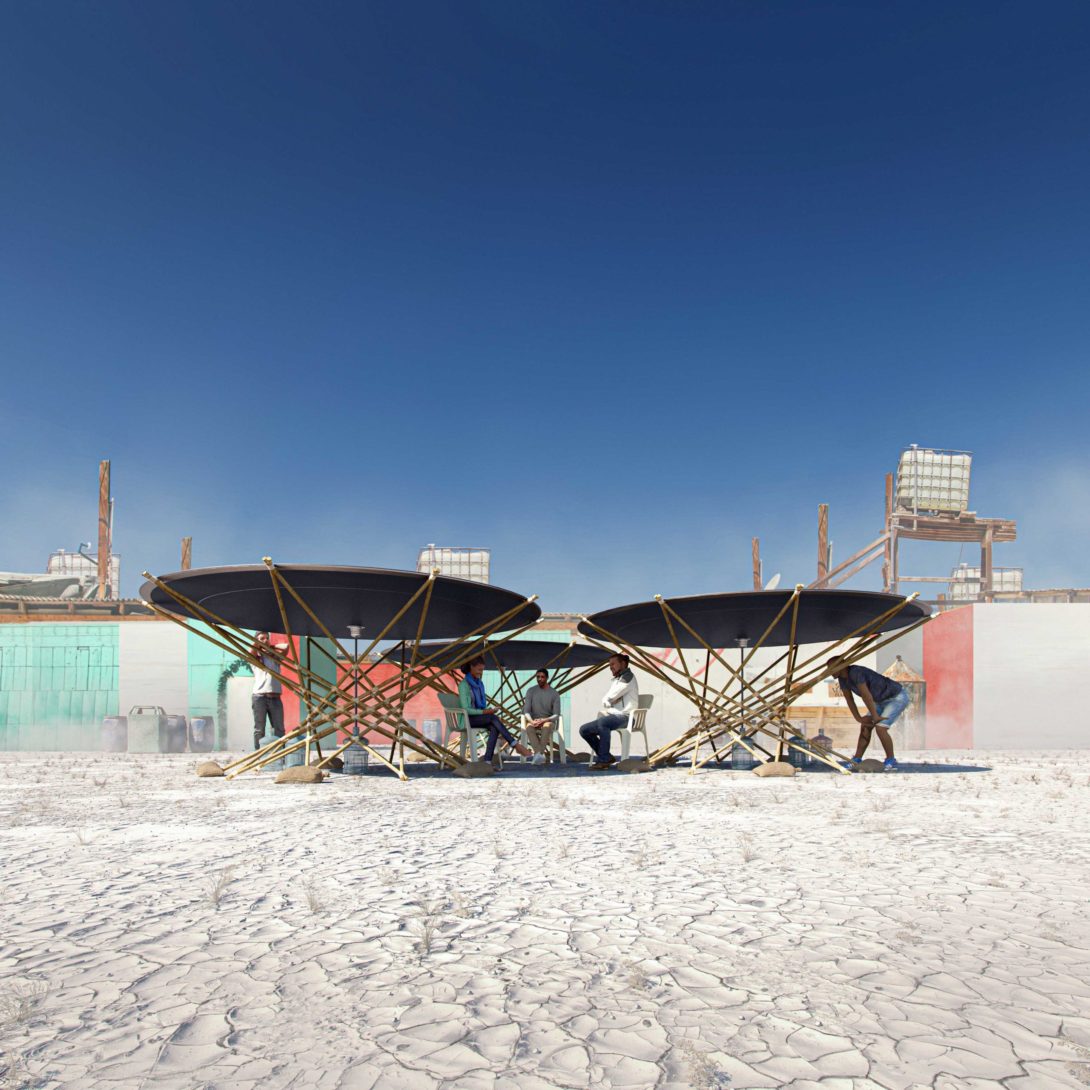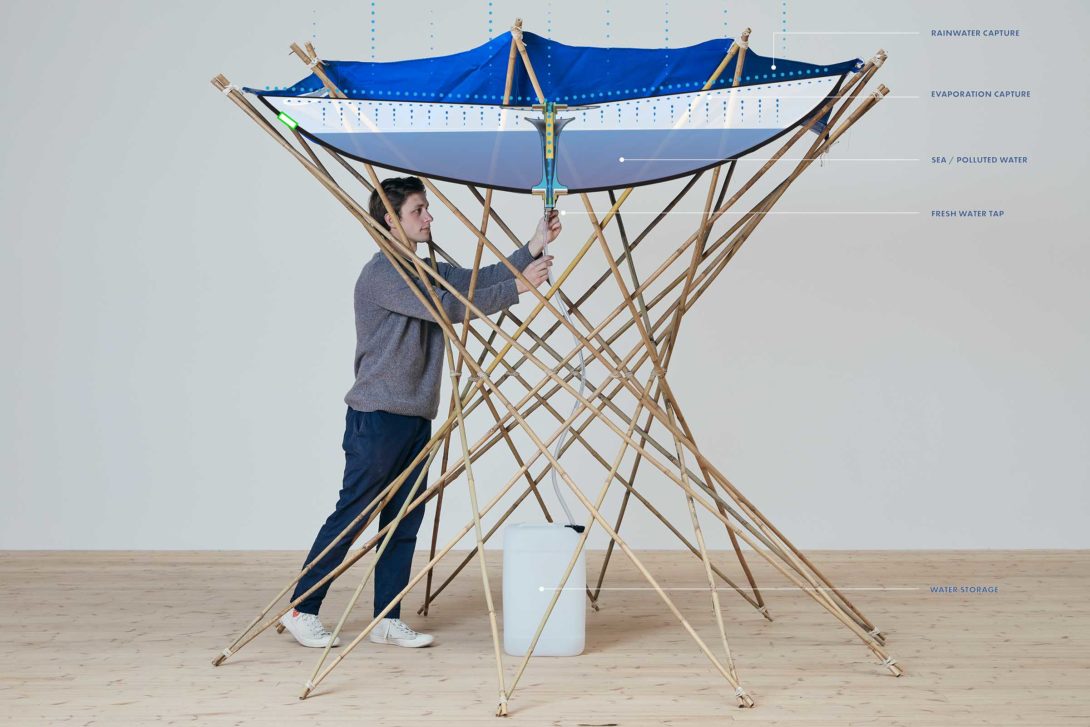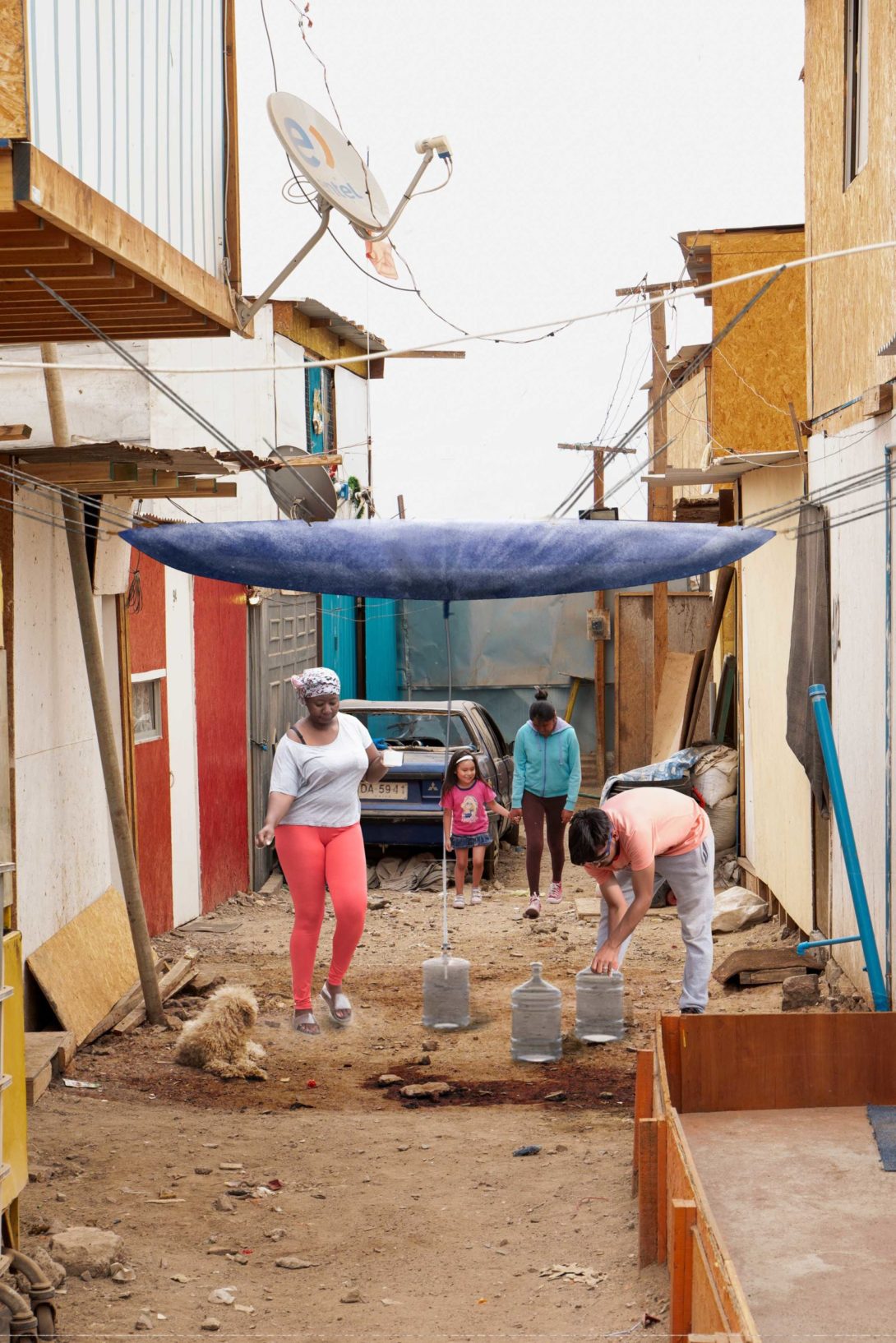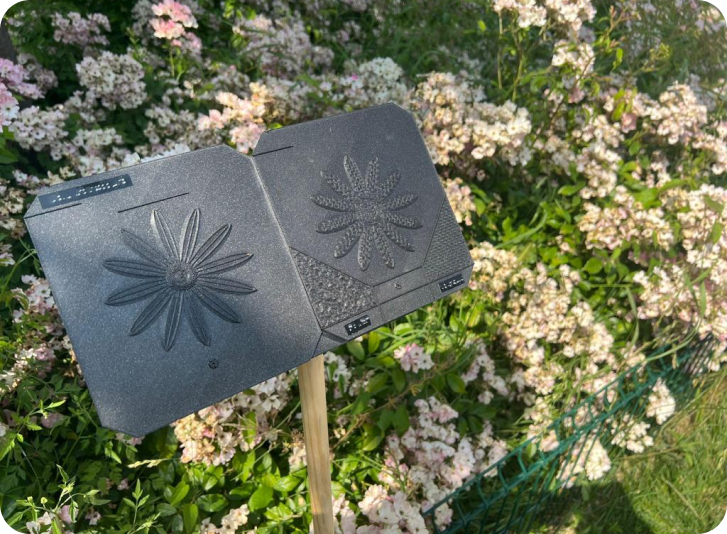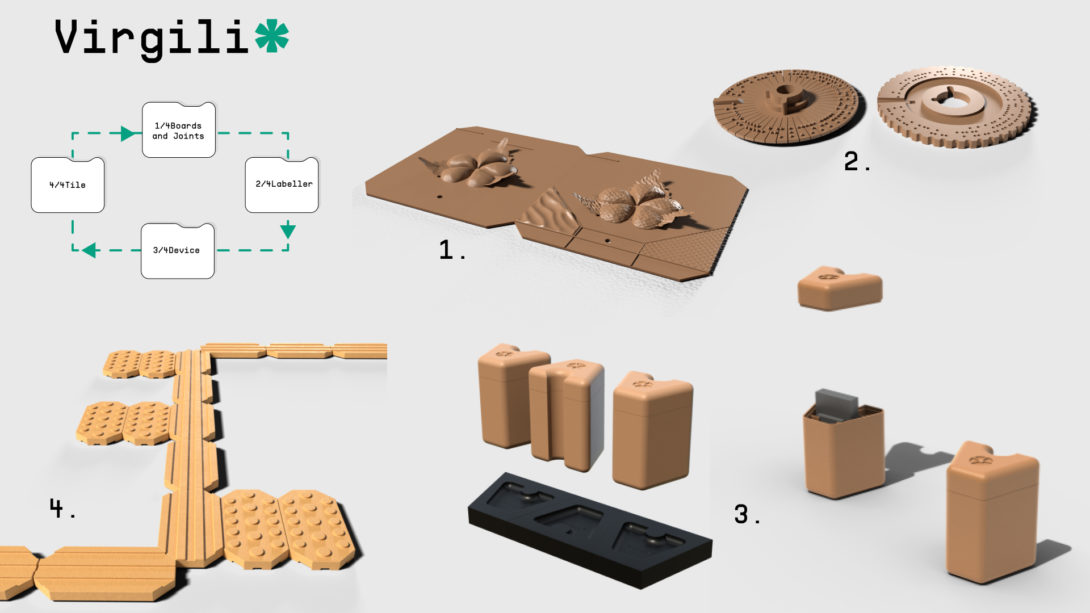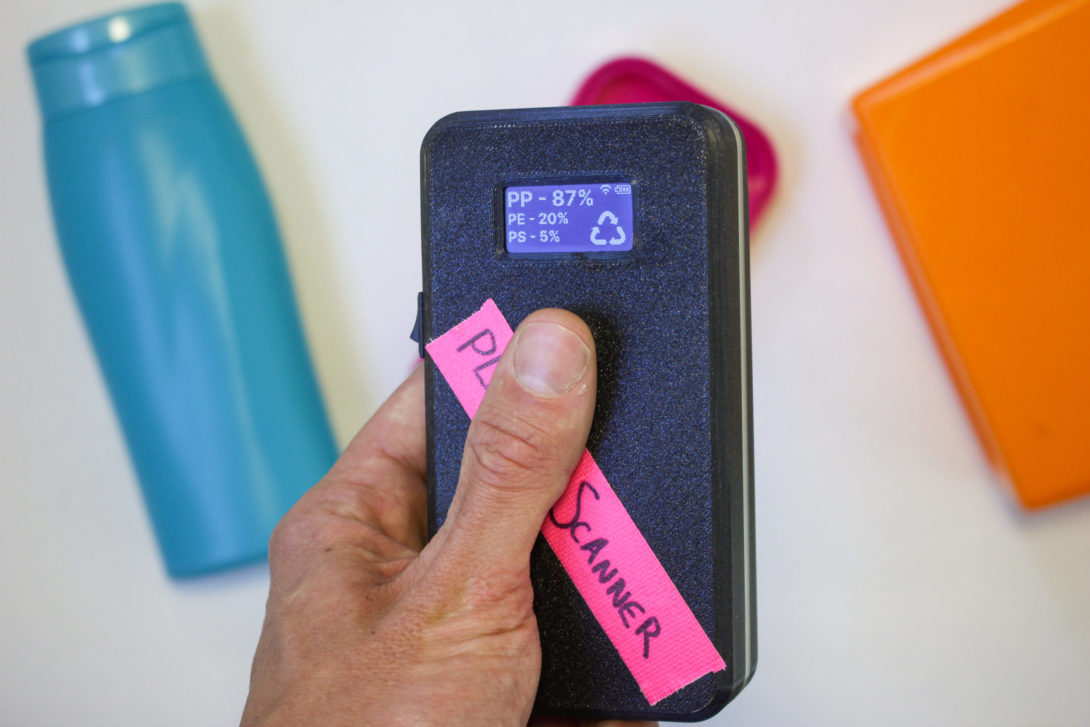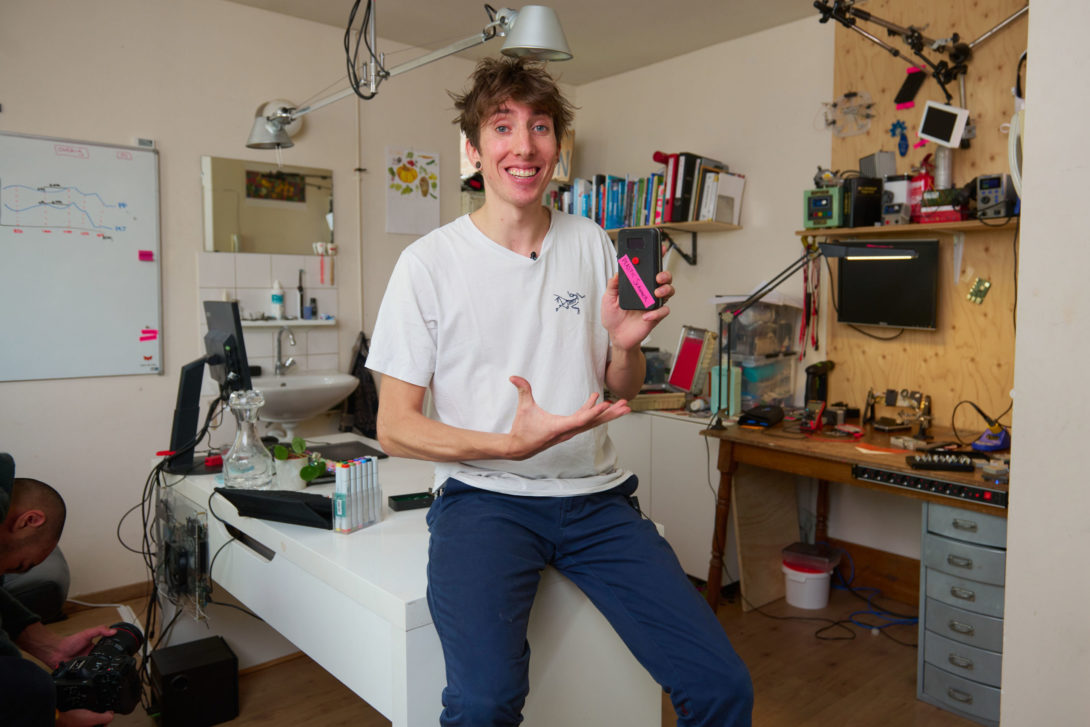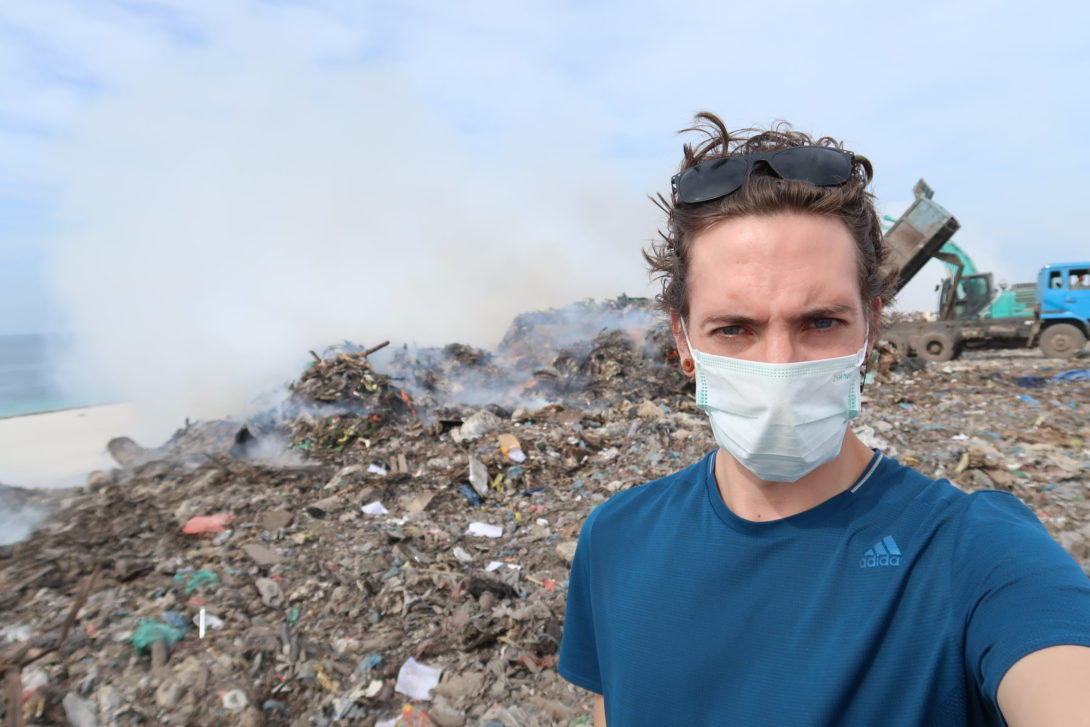Out of over 120 amazing submissions, 34 projects were shortlisted for this year’s Distributed Design Awards, and 12 exceptional finalists were selected. We are delighted to announce the 5 winners of this year’s Distributed Design Awards 2023!
The expert panel of judges was enthusiastic about the quality of the innovative, supportive and sustainable design projects received from across Europe and that reflects the core principles and values of distributed design.
The Distributed Design Awards celebrate the best maker and design responses to the post-industrial design paradigm and consist of the categories Future Thinking, Responsible Design, Adaptable and Open Design, Project Excellence Award, and People’s choice.
This year’s jury is made up of international distributed design experts on each assessing round, representing 17 high-profile cultural and design institutions in total, these are Pakhuis de Zwijger, P2P Lab, Re:Publica, Happy Lab Vienna, Danish Design Centre, Innovation Centre Iceland, Maker, Espacio Open, Polifactory, Politecnico Milano, Ars Longa – Fab City Store, Fab Lab Budapest, Open Dot, Politécnico de Lisboa, MAO, Fab City Foundation, Global Innovation Gathering, Design & Crafts Council Ireland, Fab Lab Barcelona and Institute of Advanced Architecture of Catalunya.
SELECTED WINNER FOR FUTURE THINKING
Design for a better future, considering social and cultural challenges and human wellbeing. The winner will be awarded an immersive mentorship session with Futurity Systems to learn tools, frameworks, and intelligence for a successful futuring practice.
Energy Futures
Designed by Preethi Jayakumar, ‘Energy Futures’ explores a pioneering energy system by repurposing brewery wastewater and waste by-products through biotechnology. This project centers on responsible innovation, co-designed with stakeholders, aiming for a planet and human-centered solution. The result is a public engagement installation fostering energy literacy and inviting essential dialogues on energy.
The other finalists of this category were: Plastic scanner, Ambessa Play, Photodermis
SELECTED WINNER FOR RESPONSIBLE DESIGN
Design that engages circular design principles such as responsible materials. It draws on the capacity of local materials and/or knowledge, including craft or specialist processes. The winner will be awarded an online tailored mentoring session with Materiom.
Odapt
Developed by Jessica Nissen, Patricia López, Mario García, and Ivana Llobet, Odapt transforms the ostomy bag experience by addressing the issues faced by ostomy bag users. It prevents leaks through a personalized 3D-printed wafer tailored to their anatomy and preferences. This innovative solution was informed by co-design workshops, fostering a community that enhances both wafer design and shared experiences.
The other finalists in this category were reCOVER, Seaweed Dialogues, FFF – Fungal Fermentation Factory.
SELECTED WINNER FOR ADAPTABLE AND OPEN DESIGN
Design that is made open source, is transparent and/or allows for adaptation and/or customisation. The winner will be awarded mentorship sessions with Batch.Works who will pair them with a staff member with the most relevant skills to help them with their journey into the world of Distributed Design.
Portable Solar Distiller
Designed by Henry Glogau the “Portable Solar Distiller” is a low-tech solution utilizing sunlight to distill polluted and sea water. The portable design merges local resource production with community architecture, providing fresh water and a shaded gathering place. A lightweight, versatile structure configurable in different ways and materials, adapting to local environments and user needs.
The other finalists of this category were Open-source 3D bio-material printing toolkit, Motus, VirgiIi
SELECTED WINNER FOR PEOPLE’S CHOICE
Design recognised by people and the Distributed Design network online/ the most voted entry.
? The People’s Choice winner will be awarded a Dutch Design Week 2024 Pro Ticket including access to all locations and exclusive extras.
Virgili
Developed by the Virgilio team – Martina Comola, Francesca Corona, Arianna Santoro, Alessandro Mongardi, and Maximilian Schmidt – Virgili comprises four components (Tactile 3D Floral Representations, Braille Labeller, Walking Stick Navigation Device, Specialized Navigation Tiles) specifically designed to enhance accessibility for visually impaired individuals in botanic gardens and parks.
SELECTED WINNER FOR PROJECT EXCELLENCE AWARD
The project that tackle all four core principles of the distributed design model: Open, Collaborative, Regenerative, Ecosystemic. The winner will be awarded 2.000€ in funding to further develop their project.
Plastic Scanner
Jerry de Vos introduces the Plastic Scanner, an open-source hardware initiative simplifying plastic identification made from recycled plastic. This project fosters accessibility and user engagement through its open development approach, allowing customization for various contexts. The device can identify the most common types of plastic to make plastic recycling simpler, more accessible, and more viable!
A big thank you to all the applicants, and congratulations to the winners!
We truly appreciate the dedication of everyone who contributes to creating a more sustainable, circular, and supportive world through their designs. We look forward to continuing our collaborative efforts in designing alternatives to mass production together with all of you
Take a look at the shortlisted projects and the finalists of this year’s Distributed Design Awards.
THE DISTRIBUTED DESIGN AWARDS ARE AN INITIATIVE OF
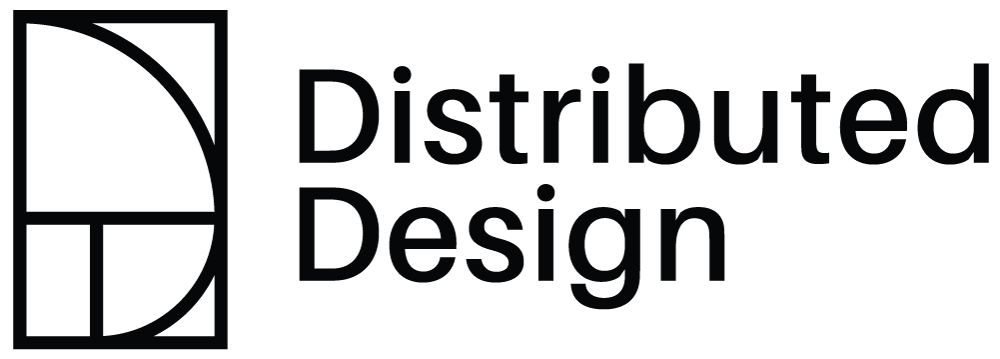
The initiative is organized by Distributed Design Platform, a project funded by the European Union. It fosters the role of emerging Makers and Designers as part of our new digitized world. It celebrates, supports, and inspires talented professionals from all corners of Europe, providing opportunities for the mobility and circulation of their work, and connecting them with new digital markets.
SUPPORTED BY
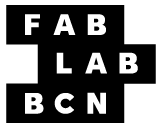
Fab Lab Barcelona is the research and innovation center, situated inside the Institute of Advanced Architecture of Catalonia (IAAC).
We focus mainly on Research, Education, and Services, pushing the boundaries of what Fab Labs can be and do in neighbourhoods, cities, and regions. It is also the headquarters of the Global Coordination of the Fab Academy program and leads the Fab City Project, an initiative that aims to develop a new model for locally productive and globally connected self sufficient-cities.
The Distributed Design Platform is led by Fab Lab Barcelona at IAAC.
This year, the Distributed Design Platform will award 2,000€ in funding to further develop the winning project of the Project Excellence Award. The prizes in the Responsible Design, Future Thinking Design, and Adaptable & Open Design categories are offered by:

Materiom is an innovation platform specialising in regenerative materials R&D. It provides open data and AI software to help scientists, producers, and brands design, make, and use materials that have a net-positive impact on the planet.
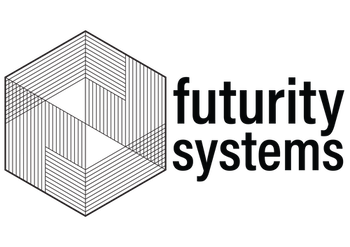
Futurity Systems is a future-focused design and deeptech firm using data science and artificial intelligence to shape the future. Its unique approach combines scientific rigor with an imaginative design, enabling organizations to navigate uncertainties and build better futures at scale.
In just two years, Futurity Systems has won numerous awards, including the Innovation by Design Award 2022 – Experimental, Gold Lovie Award – Weird and Experimental, Design Intelligence Award, Celo Community Award, and more. CEO Cecilia Tham has also been recognized with the AWS Global Disruptor Award and the UN Women Entrepreneur Day Pioneer Award.

Batch.Works is a Circular Manufacturing company. Its mission is to change the way things are made, creating practical and viable circular manufacturing practices through smart technology and sustainable methods. Batch.Works’ vision is to be the leading supplier of sustainable production and manufacturing capabilities to brands and designers around the world.
